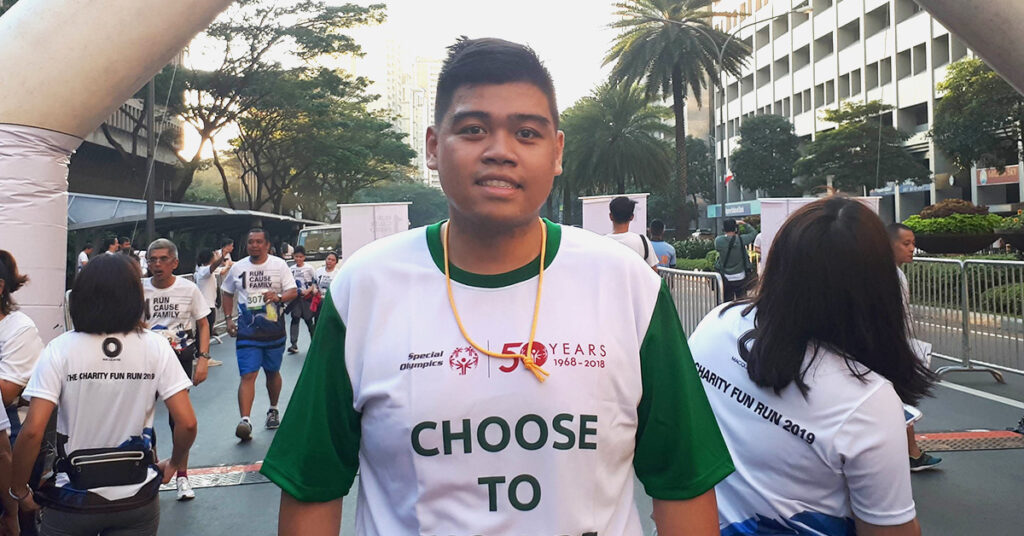1 in every 100 Filipinos have autism. While it is a common condition in the country, do we know enough about this developmental disability?
Autism remains to be a sensitive topic in the Philippines. Even though the Commission of Human Rights data in 2019 states that 1 in every 100 Filipinos is diagnosed with autism, awareness and inclusive policies remain out of reach.
In this article, we talk about important facts that you should know about autism—plus gentle reminders on how we can help create an inclusive and accepting environment for them.
Understanding Autism in the Philippines
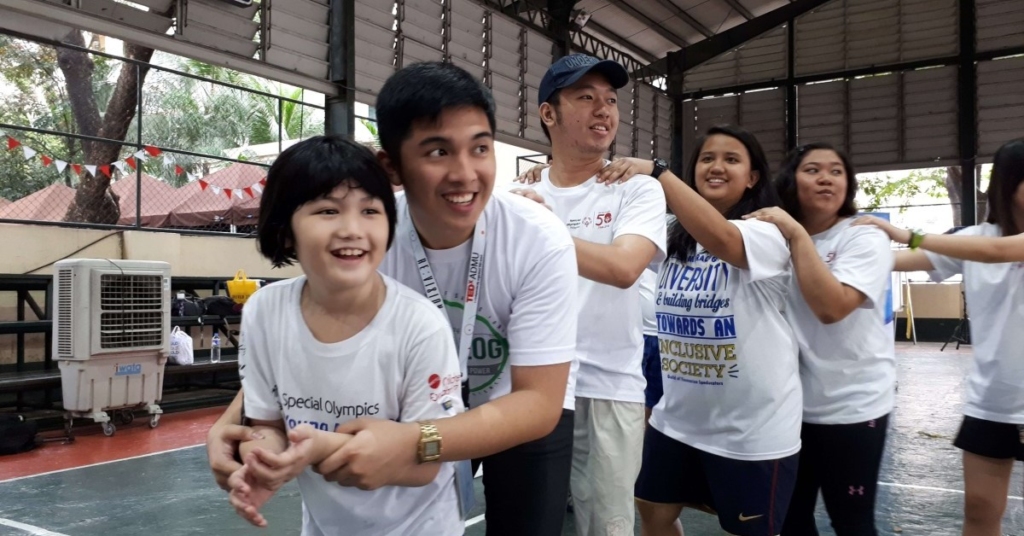
Mona Liza M. Veluz, national president of a parent-support group organization, Autism Society Philippines, recognizes that family assistance for people with autism is still challenging to deliver on a nationwide scale, and this neglect can sometimes undermine the gravity of the situation.
In a modern society where information is readily accessible, it is quite uncomfortable to think that people with autism are still limited by misconceptions. Furthermore, the people who support them are also subjected to judgment and the entire ordeal is not an easy task to live by.
That is why information and awareness is key to shed light on the lives of people with autism. They are simply like every one of us, and if you are here to know more about how they go beyond being perceived as people living with intellectual and developmental disability, then you are at the right place. The following are some important facts to know about autism.
Fact #1: Autism is not a disease

Contrary to what most people think when they hear the word “autism,” the condition isn’t a disease. Rather, autism is a neurological condition and is considered a spectrum. This means that it has no single, definite set of signs and symptoms that will appear in every person with autism.
Common signs can be noticed in children from two to four years of age, and while diagnosis is complex, it is focused on monitoring restricted, repetitive patterns of behavior, interests, or activities.
This includes repetitive motor movements (like lining up toys or flipping objects), extreme stress for small changes in routines or environment, and hyper- or hypo-reactivity to sensory input (like unusual responses to sound, texture, or sight). However, some persons with autism will not show all of these common signs, or will eventually learn to “mask” these symptoms.
Autism is a condition that people are born with. It is the way their brain works, and it is neither a medical condition nor a contagious illness that you can pass on. While there is reason to believe that it runs in families, the inheritance pattern of autism is typically unpredictable.
Instead of looking at autism as a disease that needs to be controlled, modern-day health professionals encourage families and communities to perceive it as neurodiversity that needs to be understood and fostered.
Fact #2: Autism manifests in different ways
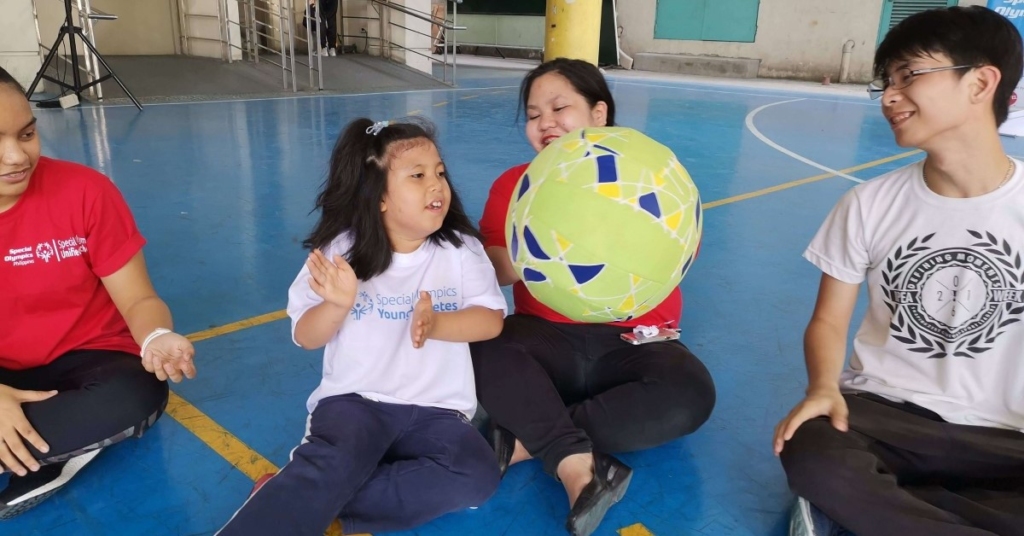
As mentioned, every individual within the spectrum experiences autism differently. Most would relate to other conditions like ADHD, dyslexia, or anxiety and depression, but these are not absolute truths for all people with autism.
Some would need special attention, while others would possess impeccable intellectual skills like those who have Asperger syndrome. There are those who experience delays in understanding social cues, while others actively learn to cope with their daily lives by building routines that fit their patterns of interest. People with autism are a diverse population, just like everyone else.
Fact #3: Causes for autism remain unclear
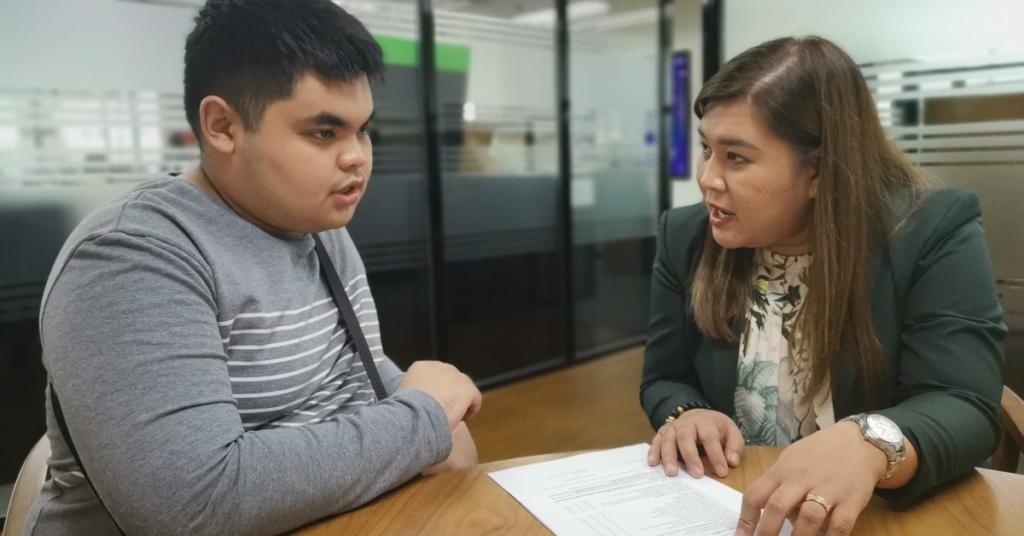
According to the United States Center for Disease Control and Prevention, there is no clear indication of what causes autism, but most cases suggest that multiple environmental, biological, and genetic factors can be considered. What’s clear is that there are factors that are believed to contribute to autism, but are not proven to be true.
Parenting, for one, does not directly impact a child’s risk of having autism. For sure, a nurturing home can minimize the risks of intellectual and developmental disabilities like autism, but there are no direct correlations proven between the two.
Vaccines, is also one of the most notorious factors that are believed to contribute to the rising numbers of people with autism in the population, but are not definitely proven to directly cause autism in children. Moreover, getting autism by interacting with people with autism is another misinformed notion that we should start debunking in our circles.
Fact #4: Autism isn’t a hindrance to living a good life

Most people would have a very pitiful picture of what living with autism looks like. It’s true that this neurological and developmental disability needs special attention and there are additional challenges on a daily basis, but that doesn’t mean that people with autism cannot have a meaningful and productive life.
As it is with any person with intellectual and developmental disability, they are not defined by what they lack, and there’s always an opportunity to enrich their lives as usual. Early intervention in children is helpful in supporting people with autism, as they would get the support that they need to address their needs.
Why Inclusion Matters for People With Autism
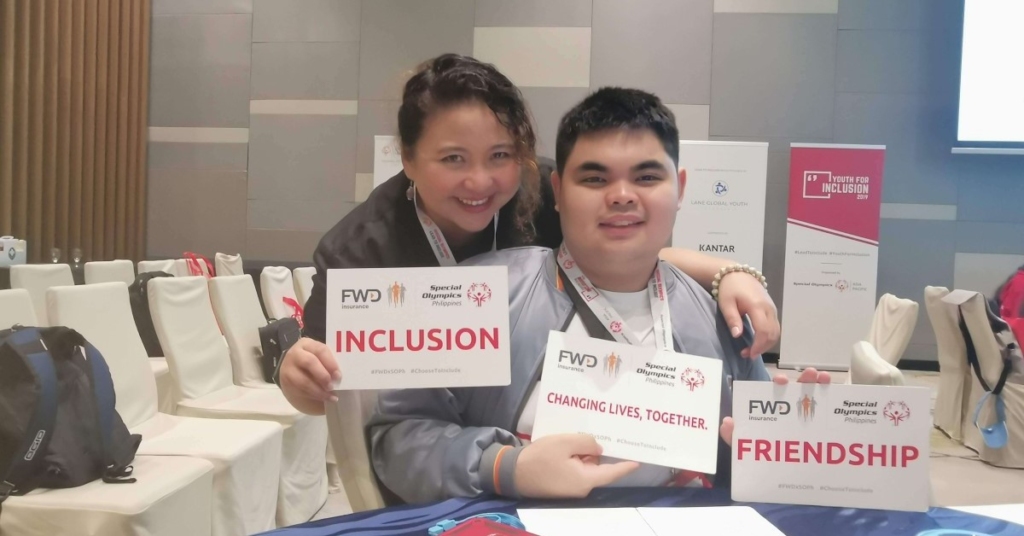
Social inclusion, together with true acceptance and support, all lead to creating systemic change for people with autism—and people with intellectual and developmental disabilities in general.
If people are more aware of how people with autism actually think and act, and if their experience is considered in policy-making and community development, we can create various modes of support so they thrive in spite of any limitations they face as individuals.
Special Olympics Pilipinas, a frontrunner in creating safe spaces for people with intellectual and developmental disabilities, is one of the several organizations that aim to create a huge impact within this advocacy. By leading initiatives in the areas of sports and other communal activities for people with autism, we rekindle their passion and bring back their confidence and sense of community.
This way, their disabilities are not highlighted. Instead, they get the opportunity to pursue and achieve their dreams, as people without autism do. When a community begins to stand up for them, they are bolstered toward their success.
To learn more about how Special Olympics Pilipinas helps people with intellectual and developmental disabilities thrive in different areas of life such as sports, visit our website.

